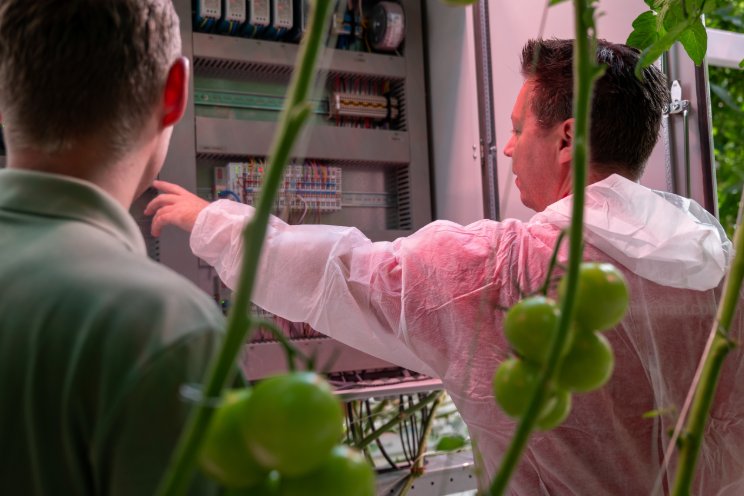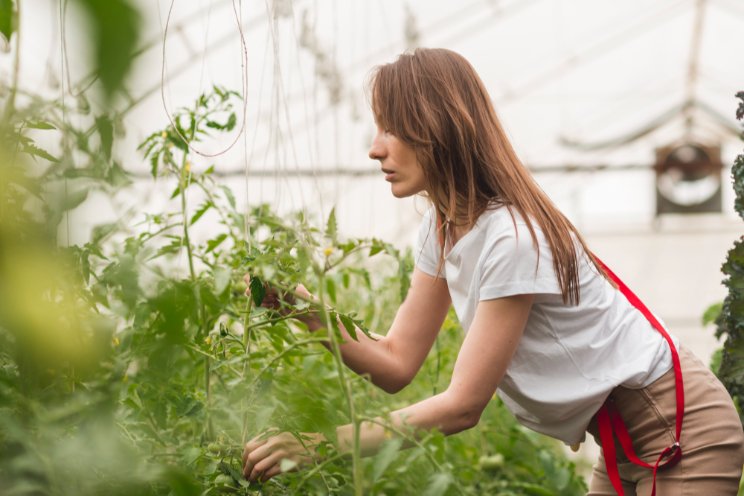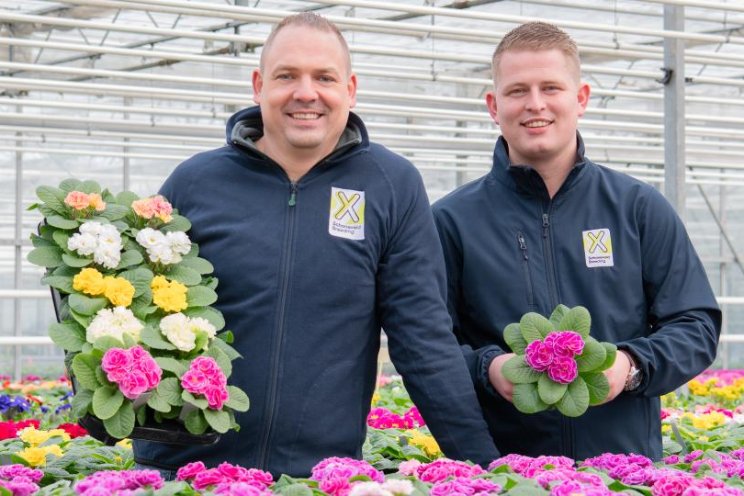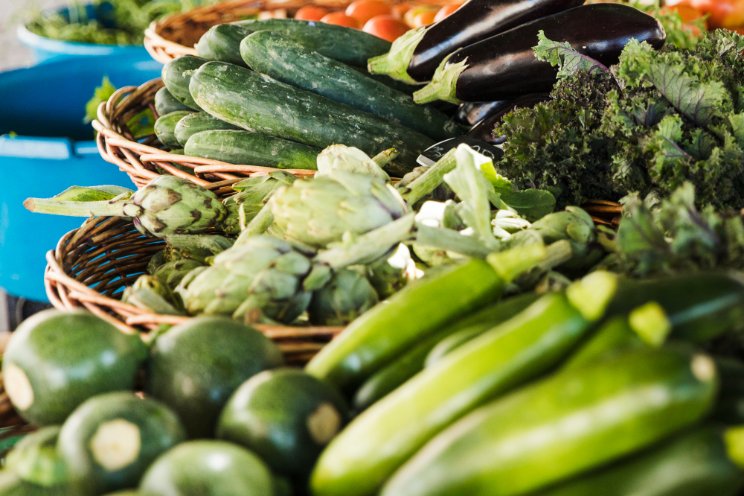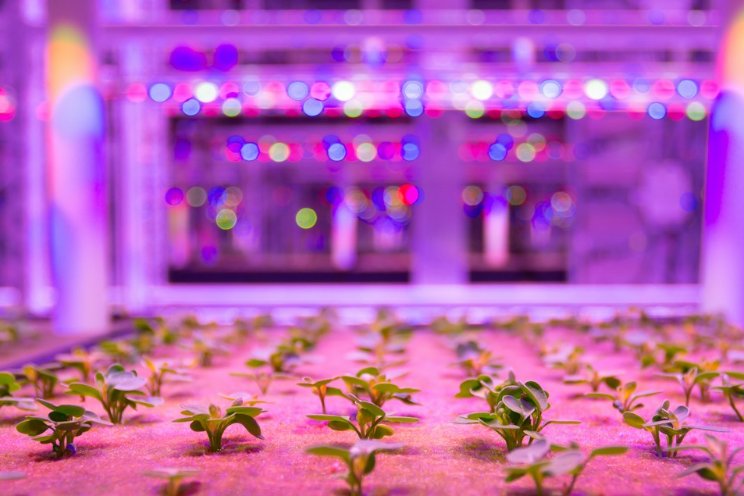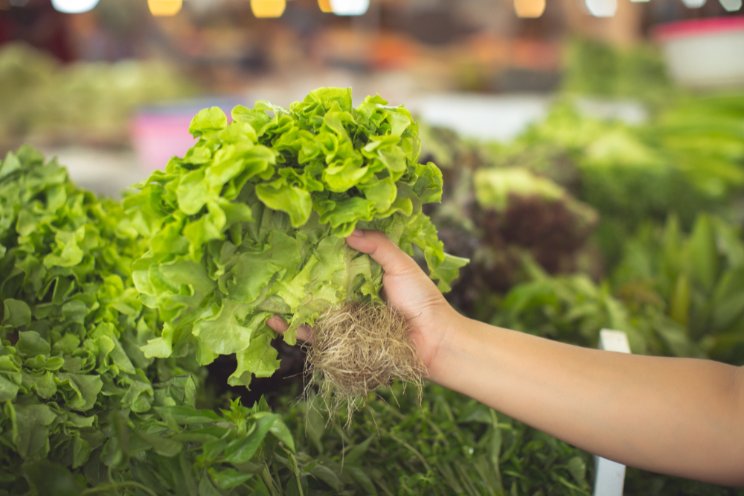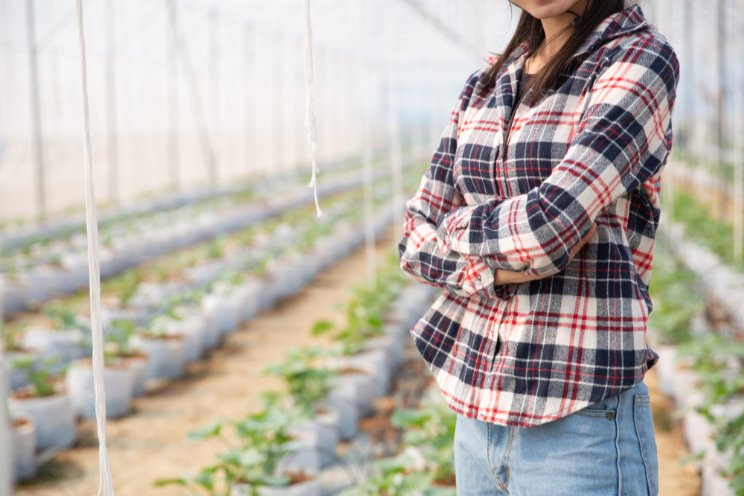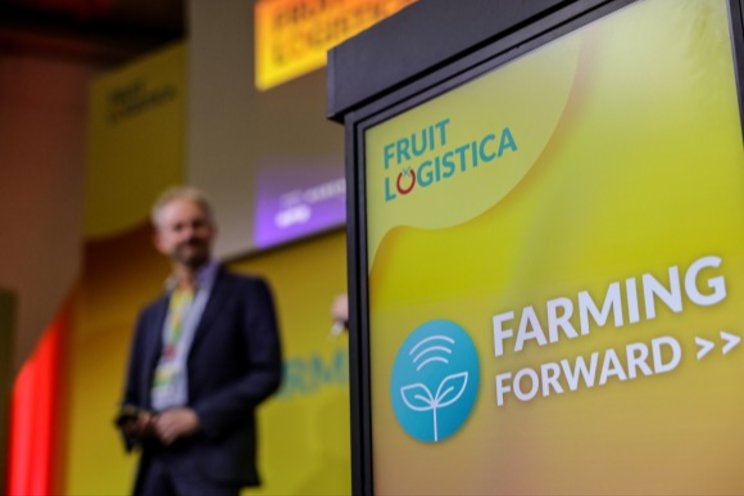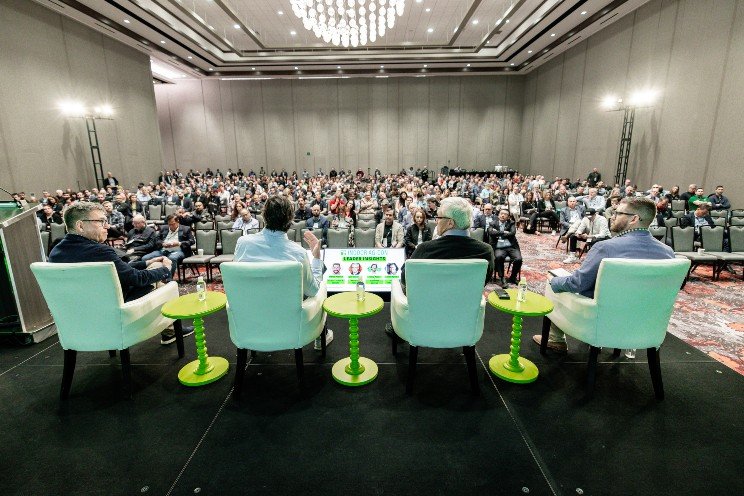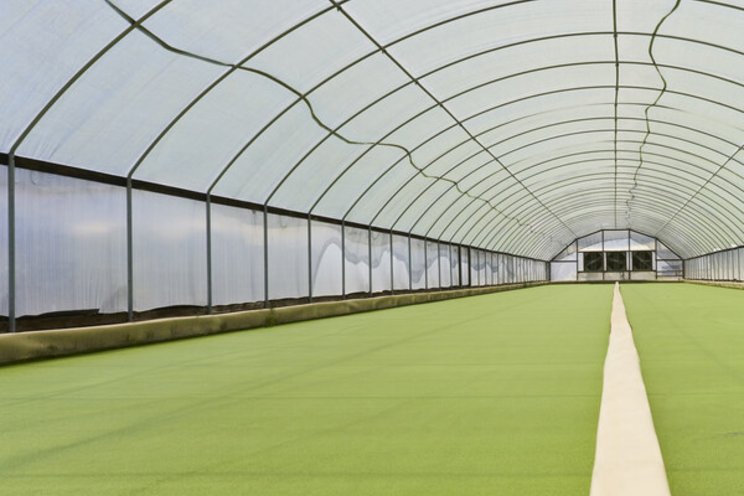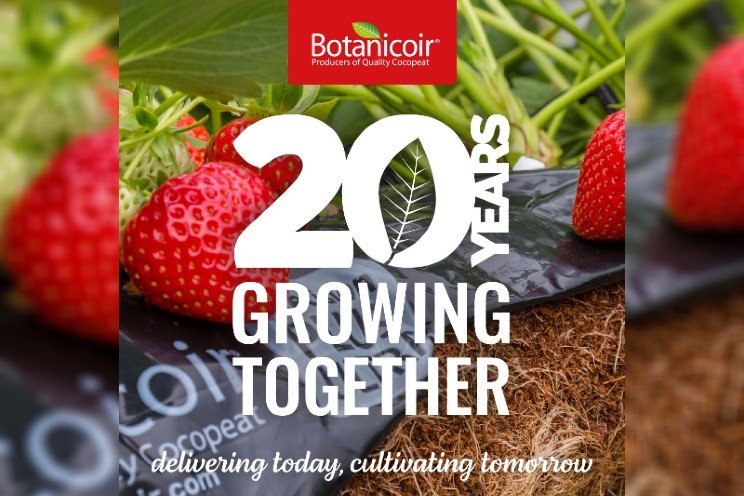Reduce, reuse, recycle. How sustainable packaging is evolving
Added on 14 July 2021
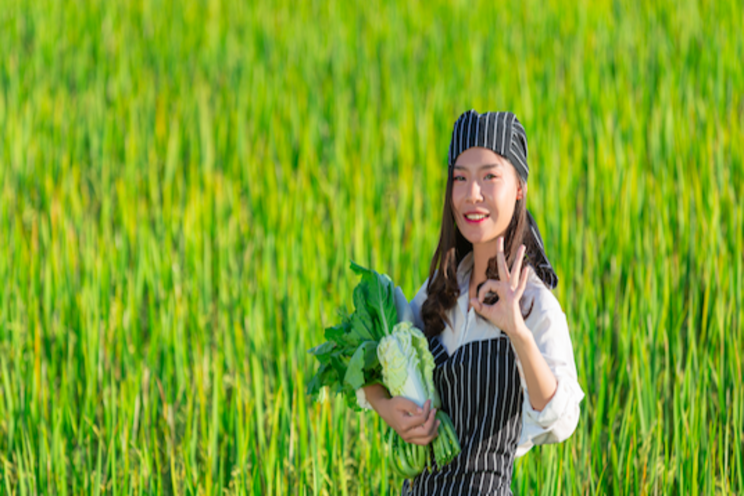

The recent pandemic has left all of us, regardless of the generation, with time to evaluate the environmental impact of our daily lifestyle practices. Choosing greenhouse grown produce provides some assurance of environmental stewardship. Yet, ditching plastic straws will not be enough to keep our planet safe from the harm that plastic and other harmful waste can inflict. And people are beginning to understand they have the power to do more by purchasing food products that are packaged sustainably.
Compared to Boomers, Millennials followed by Gen X, and then Gen Z, are more cognizant of the impact that their purchasing decisions have on society according to a recent report by the Hartman Group. And at the same time, the World Economic Forum reports every year more than 400 million tons of plastics are discarded worldwide and only 14-18% is recycled. During the pandemic there was a heightened concern for food safety, especially regarding unpackaged foods. Packaging helps to keep produce items safe and aids in what retailers refer to as reducing 'shrink', that also comes at a huge cost of doing business. In turn, packaging can reduce food waste which also comes at a huge cost to the environment. So, the need to protect our food and increase its shelf life with packaging is still relevant and necessary today.
The challenge to find environmentally friendly alternatives to plastic has increased in urgency. Sustainable packaging solutions that ensure the safety and shelf life of a product are also key. Village Farms has been working for several years now to develop and test packaging that can remain out of landfills. The recently launched Sensational Sara tomato was the debut of one such solution for the company.
Sensational Sara tomatoes are packaged in an innovative 1lb environmentally friendly box that is biodegradable and recyclable. The clear window film is made from a natural cellulose material that is certified home compostable. The film can be easily peeled away and tossed in your backyard compost pile or community compost bin. The remaining paper board box can be recycled in your regular cardboard/paper recycling stream. A QR code on pack guides consumers through this simple process of separating the film from the box. Helen L. Aquino, Director of Brand Marketing & Communications for Village Farms tell us. "The Pandemic also brought about a resurgence in the use of QR codes for touchless restaurant menus, and Dr. office intake forms, etc. At the same time the technology caught up to functionality by simple act of opening your camera and pointing it at the code to scan, vs. using a dedicated app. Both circumstances drove an increased use in QR codes. This makes QR code the perfect vehicle for providing recycling information without taking up added packaging real estate for this important information".
Village Farms is thrilled to offer this environmentally responsible packaging option for the debut of its unique newest tomato variety Sensational Sara in a 1lb box. Village Farms is also offering this box for their 1lb Maverick Mix tomatoes, a lovely mix of specialty tomatoes in assorted shapes and sizes. They are hoping this type of packaging will gain further momentum with their retail partners. Aquino also mentioned, "We have a number of retailers showing interest and some with sustainability initiatives already in place giving preference to suppliers that can deliver on protecting the environment and sustainable packaging is one way such way."
To grow healthy and delicious food for human consumption is a huge responsibility. Village Farms is continuing this trend with packaging that is healthy for the planet as well. The company's innovative packaging solutions are keeping waste out of landfills, harmful gas out of the atmosphere, and keeping minds at ease knowing they are making a difference for the Earth. Village Farms is committed to feeding an evolving and growing world population while preserving the planet. The company's cutting-edge greenhouses use less water, land, and chemicals to grow more food. Village Farms' innovative Controlled Environment Agriculture growing methods pave the way to curtail climate change. To find out more about Village Farms and their sustainability efforts visit their website at www.villagefarms.com and read about their Good for the Earth platform.
Source: Goedemorgen
More news
